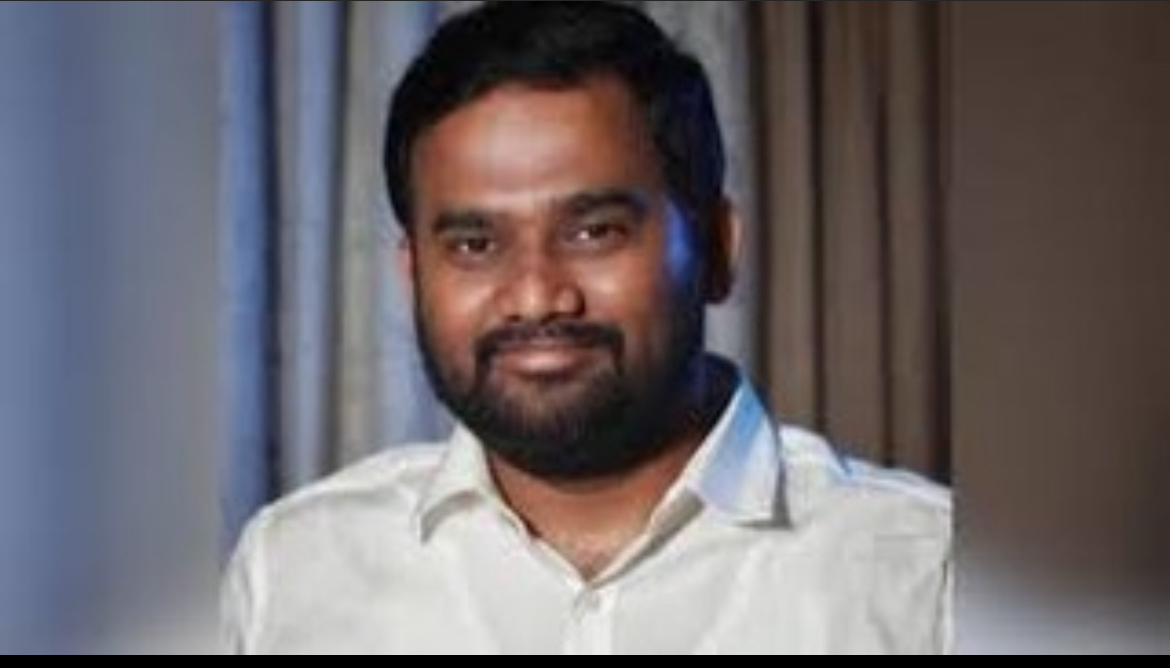In a significant political development, the leader of the opposition in Tamil Nadu, Edappadi K. Palaniswami, took a decisive step by approaching the state’s Governor, R.N. Ravi, with a serious plea for an independent investigation. This request, made on March 10, 2024, concerns the deeply troubling matter of drug trafficking, which has cast a shadow over the state’s political landscape. At the heart of this scandal is Jaffer Sadiq, a figure now notorious for his alleged role as the linchpin of an international drug cartel.
Edappadi K. Palaniswami, who also holds the position of the general secretary of the All India Anna Dravida Munnetra Kazhagam (AIADMK), spearheaded this initiative. Accompanied by a delegation of party leaders, Palaniswami met with Governor Ravi at the Raj Bhavan in Chennai, presenting a memorandum that underscored the urgency and necessity of delving into the alleged political connections of Jaffer Sadiq. This action comes in the wake of Sadiq’s arrest by the Narcotics Control Bureau (NCB) in Delhi on March 9, following a significant seizure of 50kg of pseudoephedrine, a precursor chemical often used in the illicit manufacture of methamphetamine.
The gravity of the situation is underscored by allegations suggesting that members of the Dravida Munnetra Kazhagam (DMK), including the Chief Minister and his family, could potentially benefit financially from the activities of this suspected drug network. Such allegations have prompted calls from the AIADMK for a thorough and independent inquiry to ensure transparency and justice.
Jaffer Sadiq’s arrest has unveiled a sprawling web of illicit activities stretching across continents. According to NCB officials, Sadiq’s operation was not limited to drug trafficking. It is alleged that the proceeds from this illegal enterprise were laundered through investments in various legitimate industries, including film production, construction, and hospitality. This strategy served not only to mask the origins of the funds but also to integrate Sadiq’s operations within the economic mainstream, complicating efforts to trace and dismantle his network.
The scope of Sadiq’s operations, as outlined by NCB Deputy Director General Gyaneshwar Singh, paints a picture of a sophisticated and far-reaching criminal enterprise. The network’s activities reportedly spanned from New Delhi and Tamil Nadu in India to international destinations such as New Zealand, Australia, and Malaysia. Over the past three years, Sadiq’s syndicate is believed to have dispatched around 45 consignments, totaling approximately 3500 kilograms of pseudoephedrine, under the guise of food-grade cargo to these countries.
This international dimension of the drug trafficking operation has prompted Indian authorities to engage with their counterparts in New Zealand and Australia, seeking to dismantle the transnational network that Sadiq is alleged to have spearheaded. The investigation into the financial underpinnings of this network is ongoing, with a focus on tracing the sources of funding and identifying the ultimate beneficiaries of the drug trafficking proceeds.
The arrest of Jaffer Sadiq and the subsequent revelations about the extent and sophistication of his alleged drug trafficking network have sent shockwaves through Tamil Nadu’s political and social fabric. The implications of these allegations, particularly the potential involvement of political figures, underscore the need for a comprehensive and independent investigation. Only through such an inquiry can the full extent of this network be understood, and the individuals responsible held accountable.
The situation remains fluid, with authorities continuing to unravel the complex web of connections and financial transactions that underpin this sprawling drug trafficking operation. As more details come to light, the focus remains on ensuring that justice is served, and that measures are taken to prevent the recurrence of such activities in the future.
The unfolding Jaffer Sadiq case not only underscores the pervasive challenge of drug trafficking but also highlights the intricate ways in which such illegal enterprises can infiltrate legitimate sectors of the economy and potentially corrupt the political landscape. The call for an independent inquiry by Edappadi K. Palaniswami and the AIADMK reflects a pressing need for transparency and accountability, aiming to safeguard public trust and ensure that those in positions of power are not leveraging their influence for illicit gain. This incident vividly illustrates the complex interplay between crime and governance, urging a vigilant and comprehensive approach to uphold law and order and protect societal welfare.

